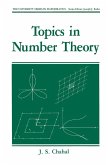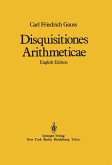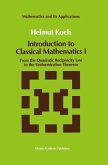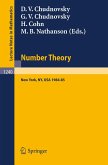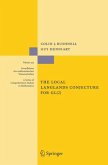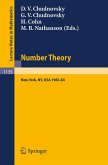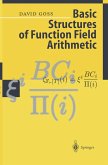Dieser Download kann aus rechtlichen Gründen nur mit Rechnungsadresse in A, B, BG, CY, CZ, D, DK, EW, E, FIN, F, GR, HR, H, IRL, I, LT, L, LR, M, NL, PL, P, R, S, SLO, SK ausgeliefert werden.
"A book that traces the profound effect Gauss's masterpiece has had on mathematics over the past two centuries. ... The shaping of arithmetic is a major accomplishment, one which will stand as an important reference work on the history of number theory for many years. ... The editors and authors deserve our thanks for their efforts." (Victor J. Katz, Mathematical Reviews, Issue 2008 h)
"It's a big book, with eighteen authors and almost six hundred pages, and it mixes the work of well-established scholars with that of recent Ph.D.'s. ... This volume deserves a wide audience, both among the mathematically able and among historians of nineteenth-century science." (Thomas Archibald, Institute for Science and International Security, Vol. 102 (2), June, 2011)



